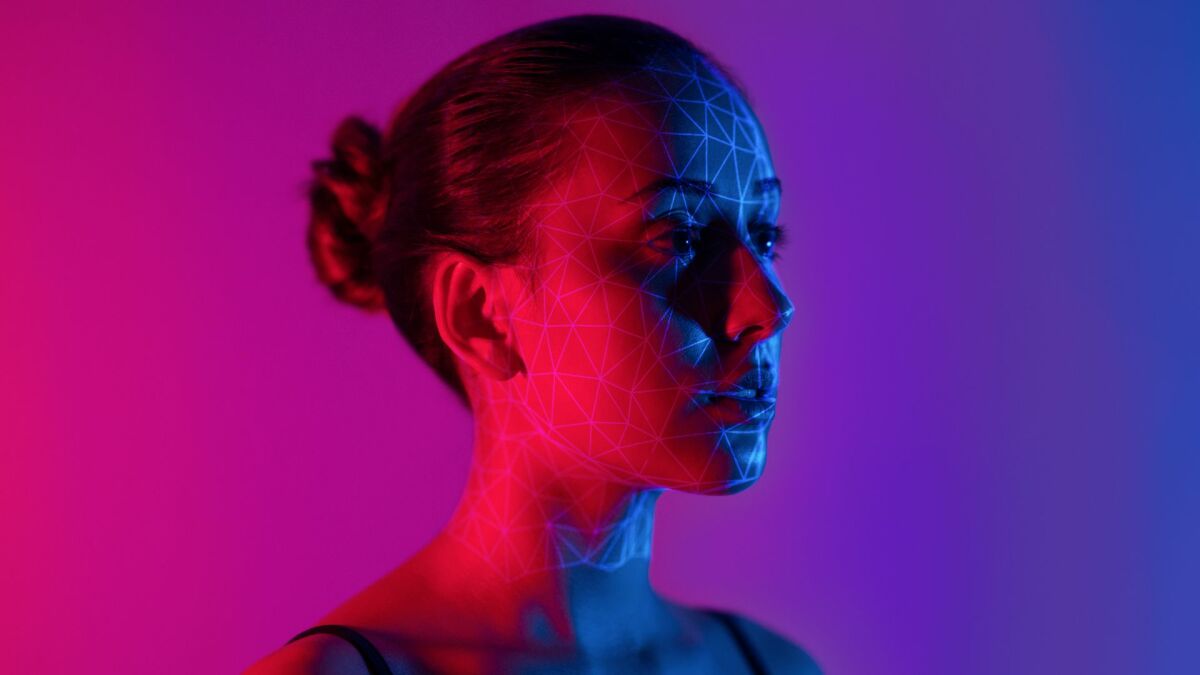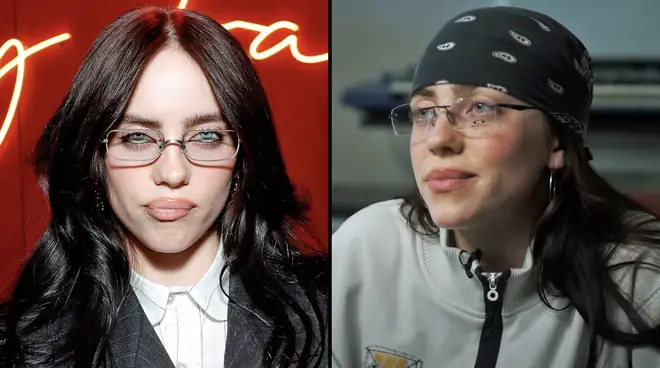Google lowers deepfake porn in search rankings
Google is tackling its deepfake porn problem, now lowering AI-generated or synthetic pornography in its search rankings. A Google spokesperson confirmed to Bloomberg that the company reduces this type of content in search rankings on its engine, “continuing to decrease the visibility of unintentional synthetic pornography in searches and developing more safeguards as this space […]

Google is tackling its deepfake porn problem, now lowering AI-generated or synthetic pornography in its search rankings.
A Google spokesperson confirmed to Bloomberg that the company reduces this type of content in search rankings on its engine, “continuing to decrease the visibility of unintentional synthetic pornography in searches and developing more safeguards as this space evolves.”
Traffic to sites offering non-consensual and AI-generated pornography through Google has declined over the past month: two of the largest deepfake sites, for example, saw 21% and 25% search traffic, respectively fewer U.S.-based computers in the top ten. days in May, compared to the average of the previous six months.
However, even with Google’s plan to downgrade these search results, the sites can still be discovered.
Google says the company “has actively developed new search protections to help people affected by this content, building on our existing policies.” Mashable has contacted Google for comment.
Crushable speed of light
Taylor Swift deepfakes have gone viral. How does this continue to happen?
Earlier this month, Google updated its policies prohibit advertisers from promoting websites that facilitate the creation of deepfake pornography. The update on its long-standing ban on sexually explicit ads will take effect on May 30 and targets “sites or apps that claim to generate deepfake pornography, instructions on how to create deepfake pornography, approval or comparison of deepfake pornography services.” Advertisers who violate this policy will be suspended and will no longer be able to advertise on Google.
Google also offers an application form to remove unintentional fake pornography from its search results.
Last year, Bloomberg discovered that Google one of the main traffic drivers to sites promoting synthetic or AI-generated pornography. Searches for celebrities or content creators combined with the word “deepfake” would often result in sites specializing in this type of content, sending them millions of views. A recent report from Wired also revealed that thousands of women have complained to Google about these types of websites. And in January of this year, NBC reported that non-consensual deepfake celebrity pornography appeared at the top of Google’s search engines and Microsoft’s Bing.
The prominence and proliferation of deepfakes has been seen as a crisis, particularly for women and people of marginalized genders. This year alone, deepfakes of famous people like Taylor Swift and Jenna Ortega have sparked debate on the topic and the role big tech plays. Other major platforms, including Meta-applications And X (officially Twitter)have been criticized for their complicity in the spread of non-consensual pornography.
If you have been a victim of sexual abuse, call the toll-free and confidential National Sexual Assault Hotline at 1-800-656-HOPE (4673), or access online help 24/7 7 while visiting online.rainn.org.
The subjects
Google artificial intelligence














